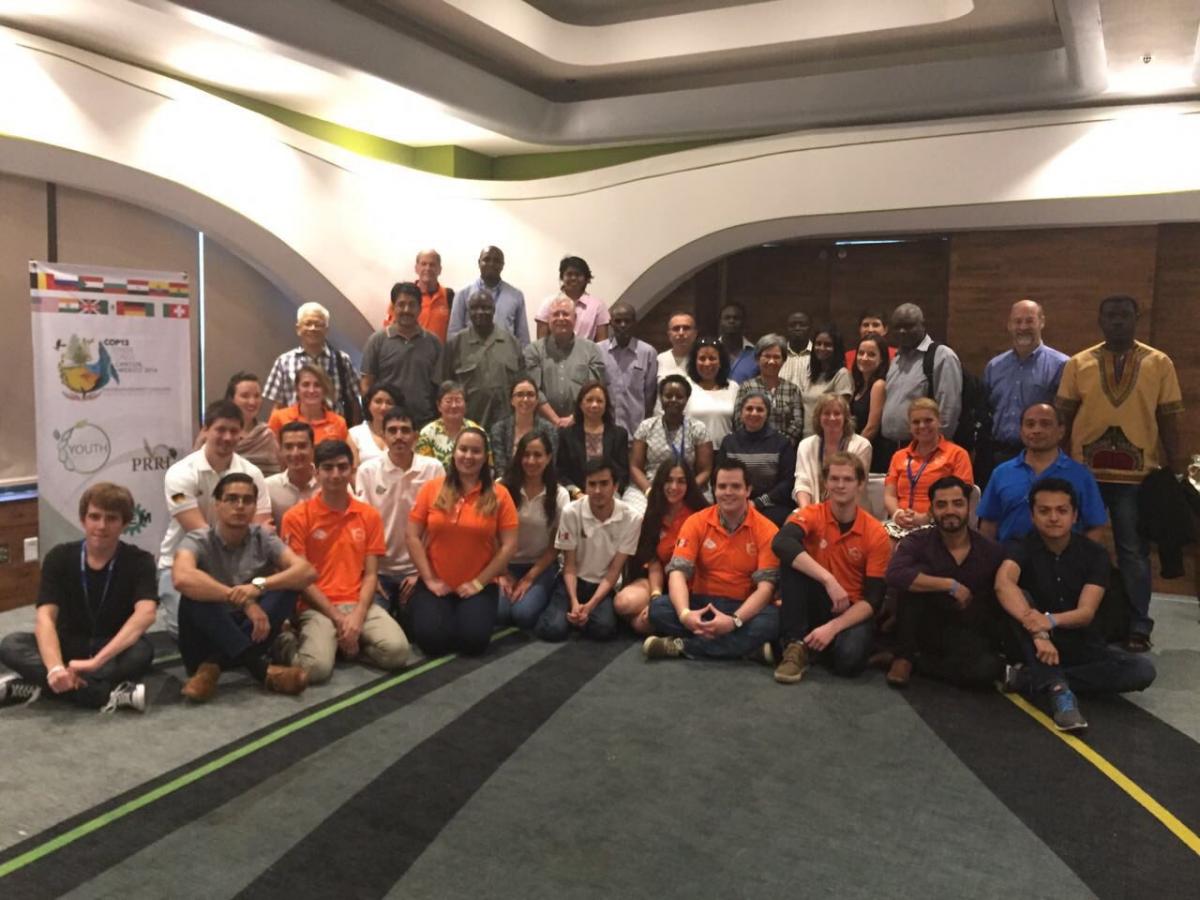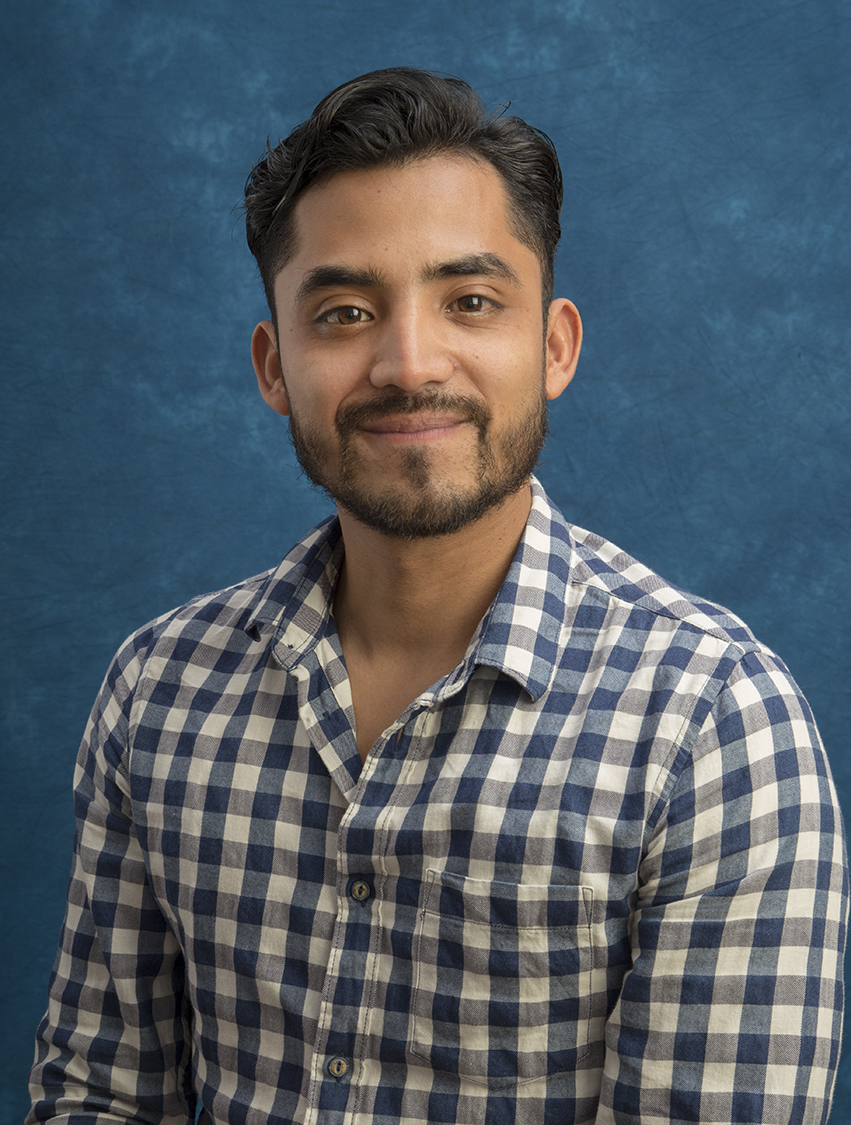
On Dec. 4, 2016, I had the privilege of attending the first week of the United Nations Convention on Biological Diversity (CBD). Every two years, country representatives, non-profit organizations, and civil society come together to discuss the responsible stewardship for earth s biological resources and to commit to common goals.
What most people don t realize is that it is also a battleground for the future of science, dominated by activists who are working diligently to stifle the voices that support science, evidence-based decisions, and technology.
Together with other members of the Alliance for Science, I joined the delegation of the Public Research and Regulation Initiative (PRRI), which teamed up with other like-minded organizations to teach us the ins and outs of this complex process. The group was made up of scientists, communication experts, and students from around the globe. A strong sense of camaraderie quickly formed. It stemmed from having experienced the efforts and sacrifices that public researchers make in order to try and change the world for the better through their work. These were not people pursuing personal interests; they were unbiased and responsible scientists and science advocates with an understanding of the great things that technologies can accomplish.
The CBD s main objectives are the conservation and sustainable use of biological diversity and the fair and equitable sharing of its benefits. Biotechnology is one of several technologies that can be used as valuable tools to attain these goals. Thus, its norms allow parties to facilitate the access to and transfer of improved seeds that can help in drought conditions, or of technologies that target vectors in order to put an end to Zika or Malaria.
I attended the convention eager to learn and understand the process so as to better communicate and initiate dialogues that could support science-based decisions. However, I did not encounter such a conversation space. Rather, it was a combat arena filled with antagonistic NGOs and activists aggressively opposing regulation that could enable science to tackle the many issues hurting our planet. As much as we stood for science, other voices were just as strong in opposing it, but in much larger numbers.
This disproportion could have grave effects for us all. Far-reaching decisions should always be based on ideas that have been discussed and evaluated on equal footing; no issue should ever be one-sided. Constructive conversations should be had in good faith to give way to workable agreements. However, the hostility felt from many of the environmental NGO attendees was uncanny. In regards to issues such as synthetic biology and gene drives, many side events were organized to facilitate campaigns that called for a total ban on the technologies. Speakers were emboldened by being strategically nestled among many well-resourced environmental activists and precautionary principle advocates.
In a particularly contentious side-event, amid a discussion made one-sided due to sheer numbers, a courageous student raised concerns: A moratorium on gene drives will reduce research because it will restrict field studies and you can t do meaningful work without these. There are possibly harmful applications but there are also very good ones! Why are we talking about banning the whole technology and not just a single application?
After this intervention, every side-event concurred in one aspect: in order to mitigate opposing input, organizers held the microphone when third parties asked for the floor. These types of incidents continued throughout the events, ranging from belittling students to restricting the opinions of our delegates due to time constraints.
Daily publications demonized pro-tech initiatives and theatrical performances in the hallways cried for a moratorium that was advertised effectively as a ban on all biotechnologies. These drastic measures could shut out all solutions that would come from R&D for environmental problems. With so many NGOs lobbying for bans and obstructive regulation, country representatives are pushed to limit progress for everyone, regardless of the technologies many life saving applications.
We cannot have productive conversations with only fear, misinformation, and technophobia driving us. This is precisely why PRRI s efforts are so important. Our delegation spoke out in favor of maximizing biotech s benefits while minimizing its risks, striving to ensure that the best evidence we have is on the table and given a voice so we can move forward together.
Do you believe that medical and nutritional applications may lead to healthier populations? Do you believe that they can help with diseases and antibiotic stresses? Do you believe agricultural and agroforestry applications can reduce chemical/pesticide/herbicide use? The group of experts assigned to report on Synthetic Biology believed so, as they included these in their report as possible benefits. Regardless, there are still countless precautionary principle advocates striving hard for a ban.
So, if anyone out there believes that reason always prevails and that courage and wisdom always supersede fear, I want to make it clear: they will not unless we make our voices heard. The Alliance for Science is working around the world to change the global discourse and you can be part of it.
Let me urge you to join; no voice is too small. We must all come together and foster policies that promote innovative technologies to overcome global challenges. PRRI and like-minded organizations had the opportunity to do so in Cancun. It was an honor to have shared the experience with them, but it is certainly not over.
We can do more. Together we can make our voices heard and face the coming challenges with hope, courage, and wisdom instead of fear.

Pablo Orozco is an attorney with a background in international trade and aid law. He was a 2016 Alliance for Science Global Leadership Fellow representing Guatemala.
